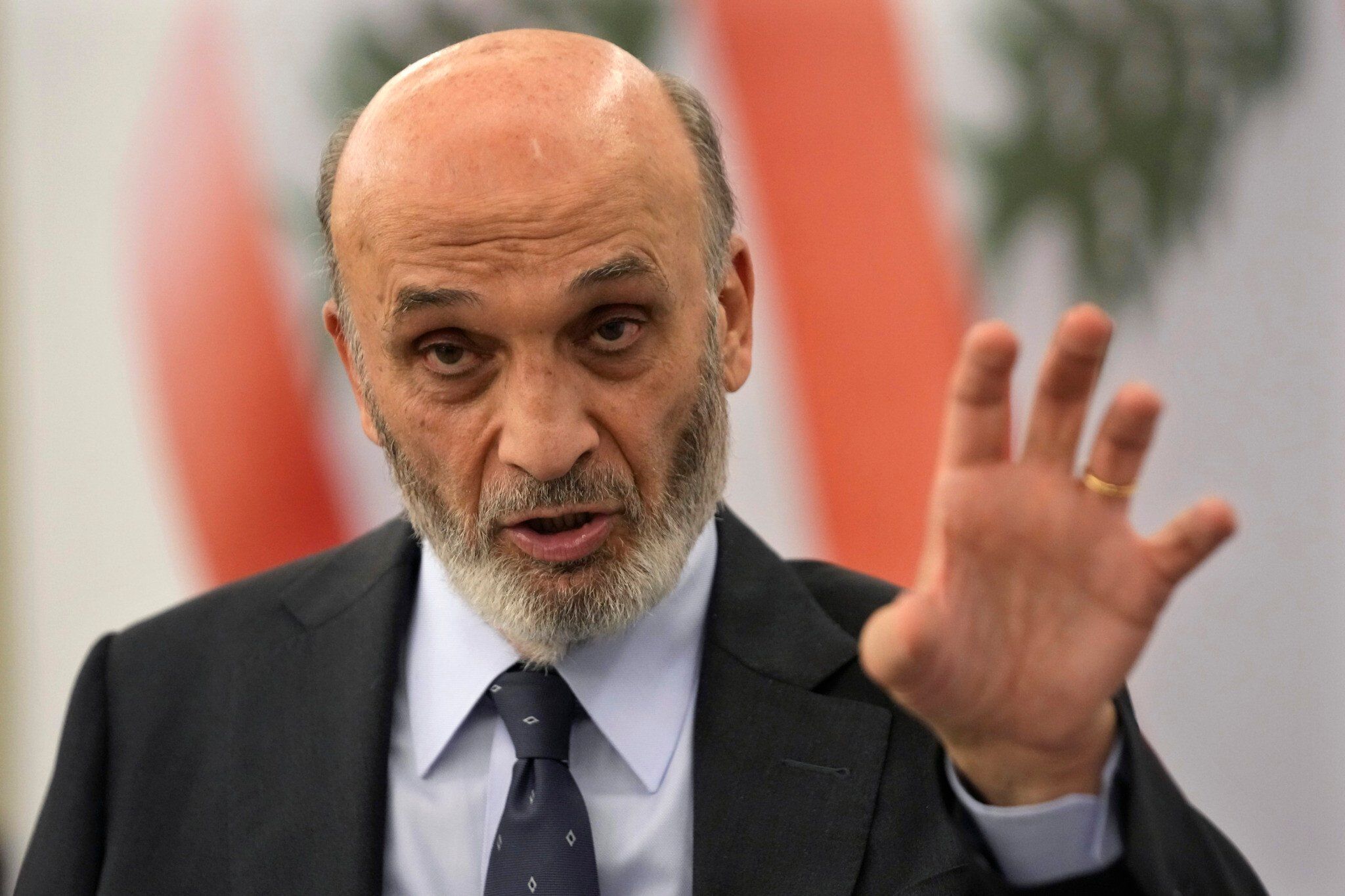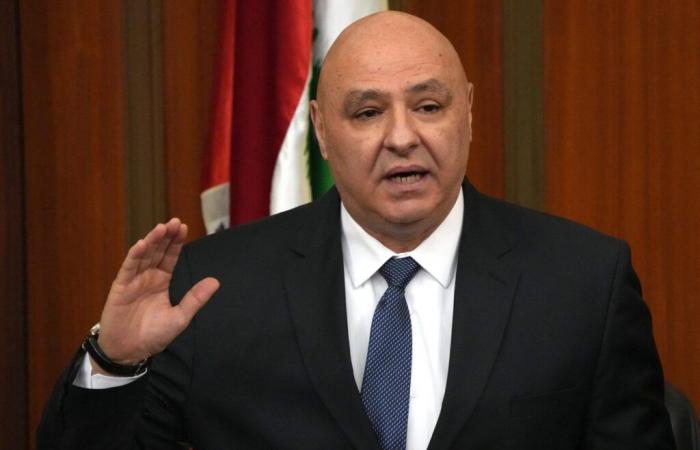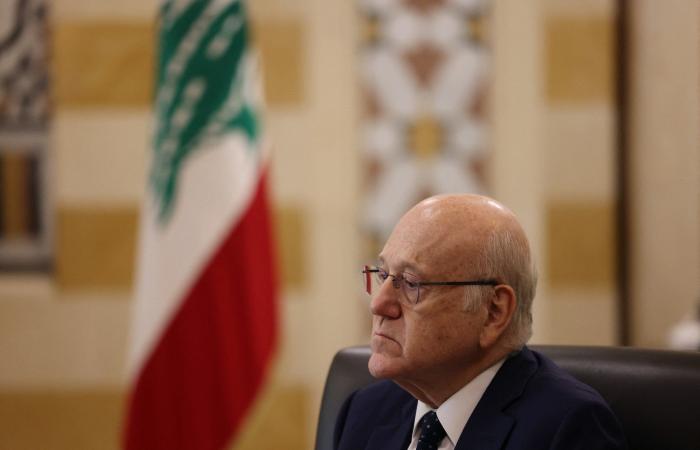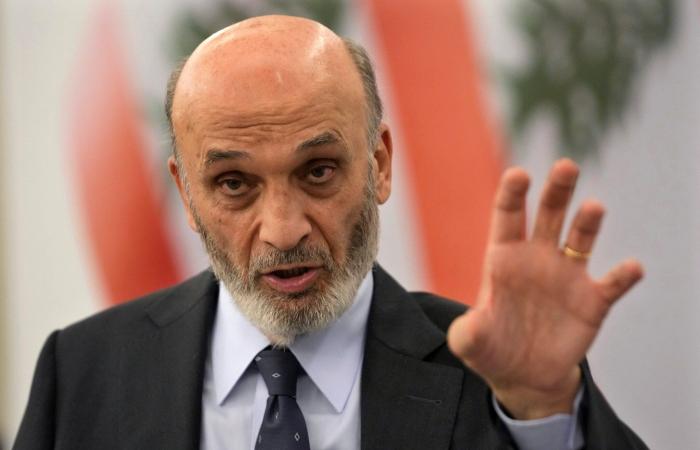The new Lebanese President, Joseph Aoun, began parliamentary consultations on Monday with a view to appointing a Prime Minister to form a government which will face major challenges in a country in crisis.
These consultations, a constitutional obligation under Lebanon’s confessional power-sharing system, come a few days after Aoun’s election, under foreign pressure, notably from the United States and Saudi Arabia, to a quick exit.
Led by an interim government led by Najib Mikati, the small Mediterranean country has not had a president since October 2022 due to political dissension and blockage by Hezbollah, despite a serious economic crisis and the conflict which has opposed for more than a year before a ceasefire at the end of November, the Lebanese terrorist group to Israel.
To not miss any of the news,
receive the Daily Headline on your email
By registering, you agree to the terms of use
Among the names mentioned for the post of Prime Minister, which is reserved for a Sunni Muslim, are Najib Mikati and the judge president of the International Court of Justice (ICJ) which sits in The Hague (Netherlands), Nawaf Salam.
Also in the running was anti-Hezbollah MP Fouad Makhzoumi, a wealthy businessman who has good relations with the Gulf countries and Washington.
Supported by opposition deputies who are members of a group including the Christian party of the Lebanese Forces (FL), Makhzoumi announced on Monday the withdrawal of his candidacy to leave, according to him, “room for a consensus between all those who believe in the need for change around Judge Nawaf Salam”.
The President of the International Court of Justice (ICJ), Judge Nawaf Salam, at the Peace Palace in The Hague, headquarters of the ICJ, on April 30, 2024. (Credit: International Court of Justice / File)
Aoun’s consultations with political blocs began with a meeting with Deputy Speaker of Parliament Elias Abu Saab, the official ANI agency reported.
According to a source close to Hezbollah, the pro-Iranian formation and the allied Amal movement of the powerful Speaker of Parliament, Nabih Berri, support Mikati.
His designation “is part of the agreement reached with the Saudi envoy […] which led Hezbollah and Amal to vote to elect Aoun to the presidency” on January 9, this source added to AFP on condition of anonymity due to the sensitive nature of the matter.
Major challenges
Saudi Arabia and the United States have been at the forefront of international diplomatic efforts to end Lebanon’s two-year presidential vacancy.
Riyadh had previously distanced itself from the Lebanese political scene for years, opposed to the influence of Hezbollah, since greatly weakened by its confrontation with Israel.
Najib Mikati, who maintains good relations with Lebanese political parties and several foreign countries, denied the existence of such a prior agreement.
Lebanese caretaker Prime Minister Najib Mikati giving an interview to AFP at the government palace in Beirut on October 15, 2024. (Credit: Anwar Amro/AFP)
Mikati, one of the country’s richest men, said Thursday he was ready to serve the country “if necessary.”
Whoever the next prime minister is named, he or she will face major challenges, including implementing economic reforms to satisfy international donors.
He will also have the heavy task of rebuilding entire sections of the country after the war between Israel and Hezbollah and implementing the ceasefire agreement of November 27, which notably provides for a withdrawal of Hezbollah from the border area with Israel.
Political forces opposed to Hezbollah consider that Mikati is part of an outdated political system under the influence of this formation. They made last-minute attempts on Sunday to unify the positions of the opposition and independents behind Nawaf Salam.
After Joseph Aoun promised a “new phase” for Lebanon, LF leader Samir Geagea stressed that Mikati was part of “the previous lot.”

Samir Geagea, leader of the Christian Lebanese Forces party, gestures during an interview with The Associated Press, in Maarab, east of Beirut, April 30, 2024. (Hussein Malla/AP)
According to the Lebanese constitution, the president designates, in consultation with the speaker of Parliament, the candidate who received the most votes during the consultations.
There is then no guarantee of the immediate formation of a government, the process having in the past taken up to months, delayed by political divisions.








